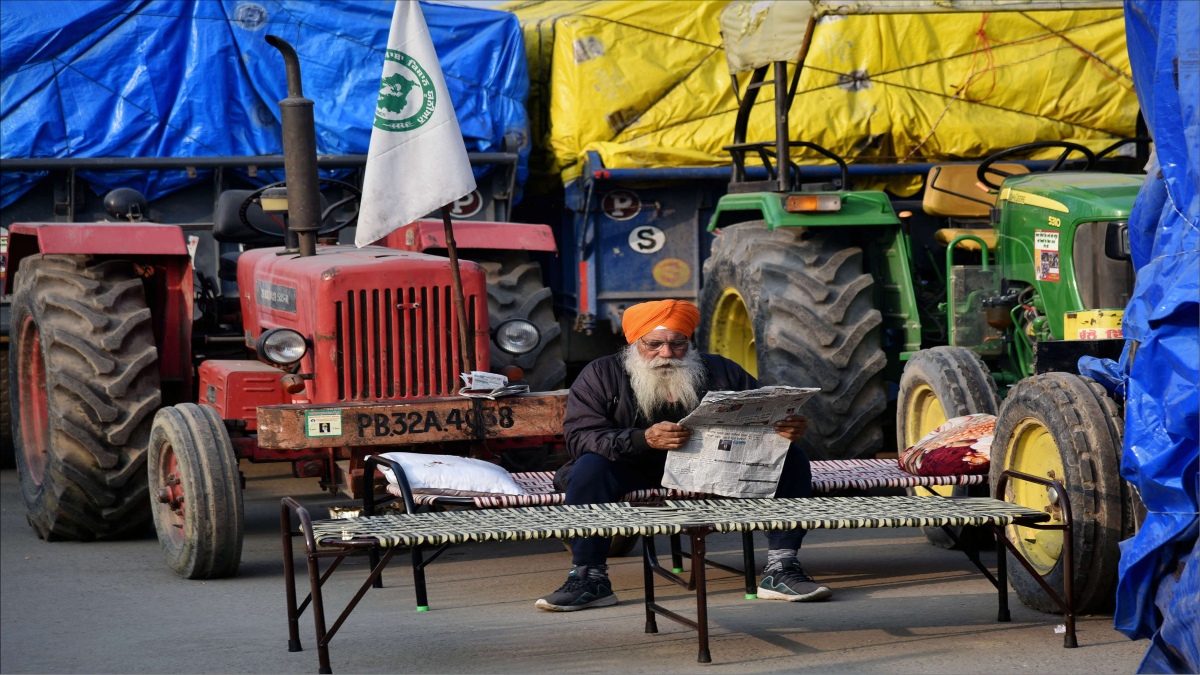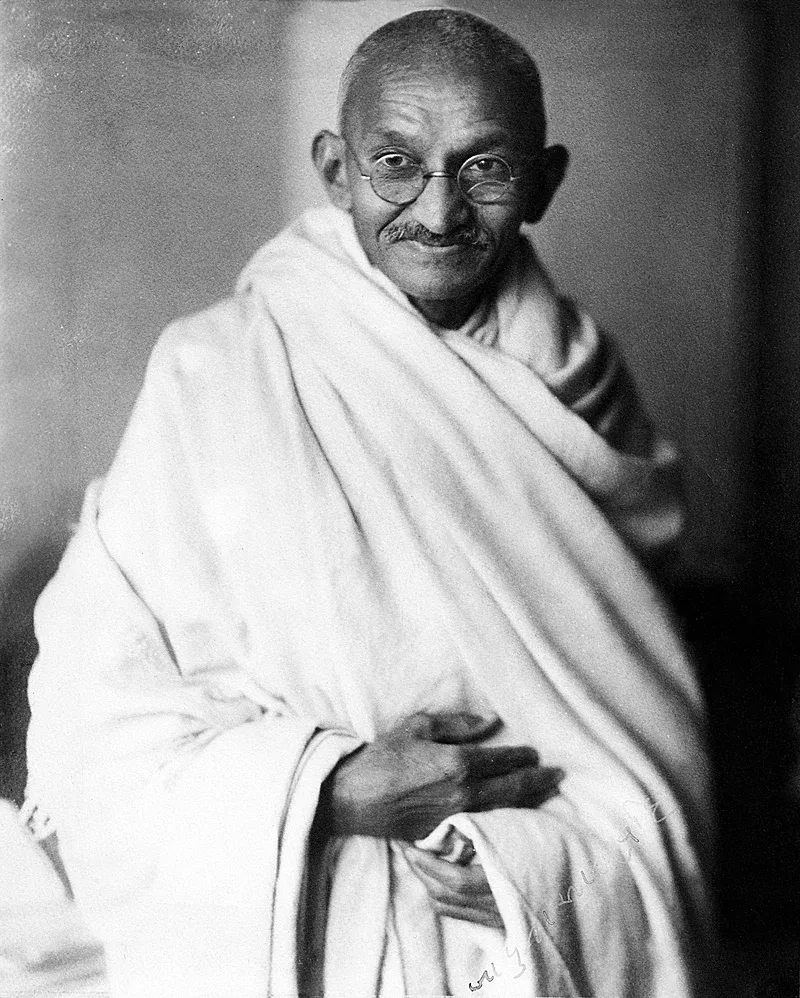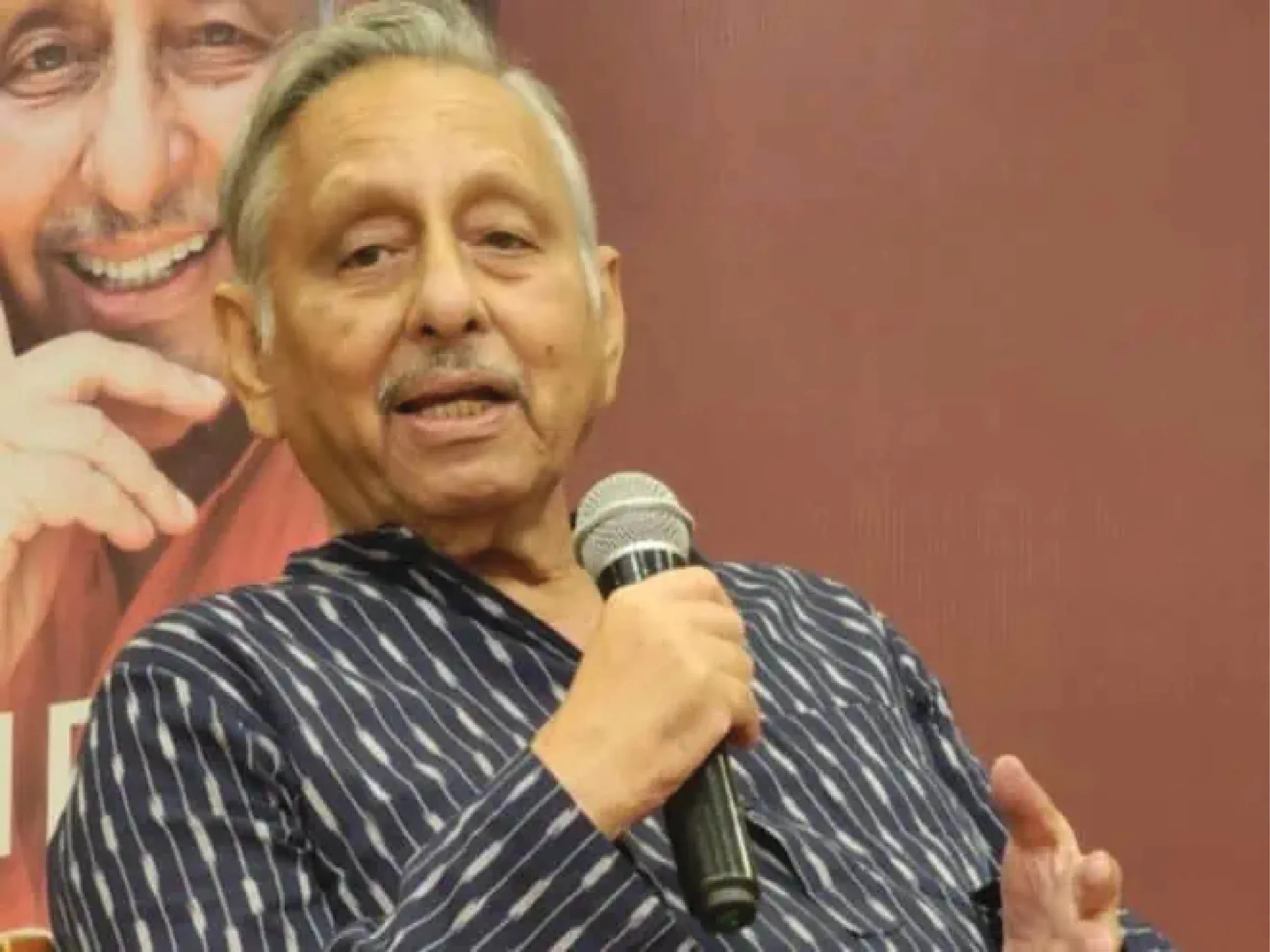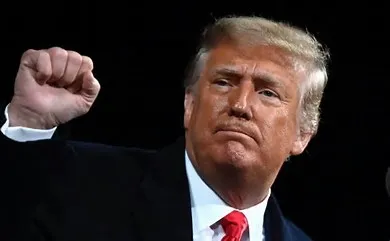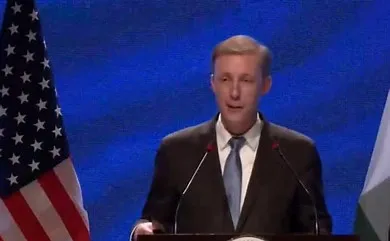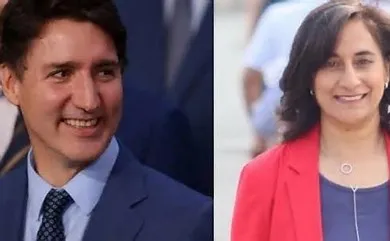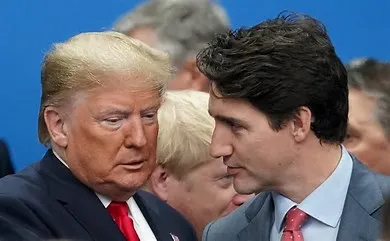Early this month, a US firm ‘Morning Consult’ gave the highest approval rating to Prime Minister Narendra Modi amongst all world leaders. PM Modi’s leadership skills are unmatched but this evaluation needs to transcend online surveys by citizens on the ground who see and hear the Prime Minister all the time.
SWOT analysis of the present government may pick up five key policy initiatives in the last five years which define the performance of the present regime—demonetisation, GST, CAA, Article 370 and the farm laws.
Demonetisation was introduced on 8 November 2016 with an assurance to get black money back into circulation. Most of the currency in circulation was recovered but the claim for recovering black money drew a blank. The RBI spent Rs 21,000 crore in managing the whole process of demonetisation, printing notes, etc. Its dividend to the government was reduced by half, from Rs 65,876 crore to Rs 30,659 crore, and after so many years is yet to reach the pre-demonetisation stage. Demonetisation also traumatised the country’s vibrant unorganised labour market which fed the welfare state through its resilience and self-sustenance of Micro, Small and Medium Enterprises (MSMEs). Added to this, the harsher and more obstructive regulations over non-government organisations flattened Community-Based Organisations (CBO) and Self-Help Groups (SHG) which acted as a circulatory system of equity and inclusive employment in an otherwise elite-driven economy.
he Goods and Services Tax (GST) had come as a much-awaited policy measure. Interestingly, P. Chidambaram, the Finance Minister of the UPA, had proposed the implementation of GST in 2006 which would be implemented by 1 April 2010. PM Modi implemented what the UPA could not.
I was surprised to be invited to a meeting of the Indian Council for Research on International Economic Relations (ICRIER) under its chairperson, late Isher Judge Ahluwalia, wife of Montek Singh Ahluwalia, the economic advisor to Manmohan Singh, where the NDA’s Finance Minister as the chief guest won applauds for GST from many economists. It was not the GST, but the haste and uncertainty it brought, which generated criticism. MSMEs contribute approximately 37% of the national GDP and GST brought an adverse or negative impact upon them, especially at a time when a large majority of them were in need of help due to repeated floods, disasters and a global slowdown; the GST only added to dual control and compliance burden.
The aim of increasing exports through GST implementation has shown a slight return but, as the Federation of Indian Export Organisations (FIEO) fears, the decline in exports in 2020-21 may be not less than 20%. The implementation of the GST needed to be more insightful and patient, in consideration of enterprises struggling for credit, smaller traders being demotivated and states being robbed off their ability to generate revenue for their local initiatives.
The Citizenship (Amendment) Act 2019seeks to amend the definition of illegal immigrants and grant fast-track Indian citizenship in six years instead of 12 years for Hindu, Sikh, Parsi, Buddhist and Christian immigrants from Pakistan, Afghanistan and Bangladesh. The cut-off date for citizenship is 31 December 2014. The Bill also proposed to incorporate a sub-section (d) to Section 7, providing for cancellation of Overseas Citizen of India (OCI) registration where the OCI card-holder has violated any provision of the Citizenship Act. The Act seemed draconian and bereft of the genuine sentiments of ‘fraternity’ enshrined in the Preamble of the Constitution as it consciously avoided mentioning ‘Muslims’. The result was the Shaheen Bagh sit-in.
6 August 2019 marked the abrogation of Article 370 and Article 35A to settle forever the temporary feature in the Constitution about the special status of Jammu and Kashmir and further conversion of the erstwhile state into two Union Territories—Jammu & Kashmir and Ladakh. The step was a bold political change and needed a multi-dimensional arrangement and confidence building on many fronts. It was sudden and took recourse to an unprecedented use of force. There could have been some confidence building, an understanding on a carrot and stick policy. Most Kashmiris are not jihadi Muslims. Since they have been my students at JNU and many of their families have closely interacted for many years, I can say that with confidence. A few strong statements made in a whip of anger by those who governed Kashmir should not be construed by a seasoned government as them being Pakistan supporters. Elections today may not salvage the wounded hearts of Kashmiri leaders.
Lastly, PM Modi’s initiative that closed 2020 is the farm laws. The government once again bypassed the major stakeholder—the farmer—and hammered down the three laws. The manner was much like the British implementing the Cattle Trespass Act, 1911 to control fertile grazing grounds by strangely declaring them ‘wastelands’ while later the Royal Commission of Agriculture in 1928 disregarded the agrarian economy of a village. A simple fact that the government economists ignore is the guarantee against failure to deliver as per the contract may be nothing else but farmers’ land. Isn’t that alone a big price that the government is failing to see?
The Human Development Report 2020 should alert the government as India has fallen to the 131st position out of 189 countries, even though it was at the 129th position in 2018. In its Rule of Law score, India stands at the 69th position out of 128 nations and stands at the 3rd position among countries of the region. Corruption eradication has been the key highlight of PM Modi’s governance but the country is stagnating at the 80th position on the global corruption perception index. It’s time that the present regime be more focused on achieving the Sustainable Development Goals for the country in tandem with the Sendai Framework that alerts on limitations to haste. Instead of celebrating a high rating by a six-year-old online survey startup company with a high capital investment from media baron James Murdoch’s Lupa Systems, the government needs to introspect, especially in the wake of the ongoing farmers’ protests.
The writer is a professor (retired), Administrative Reforms & Emergency Governance, JNU, and president of NAPSIPAG Disaster Research Group. The views expressed are personal.

